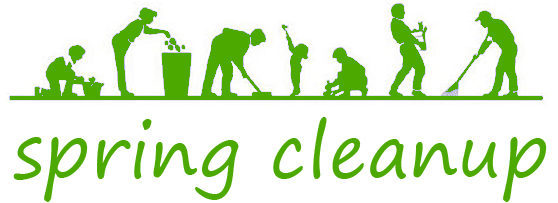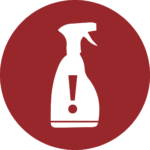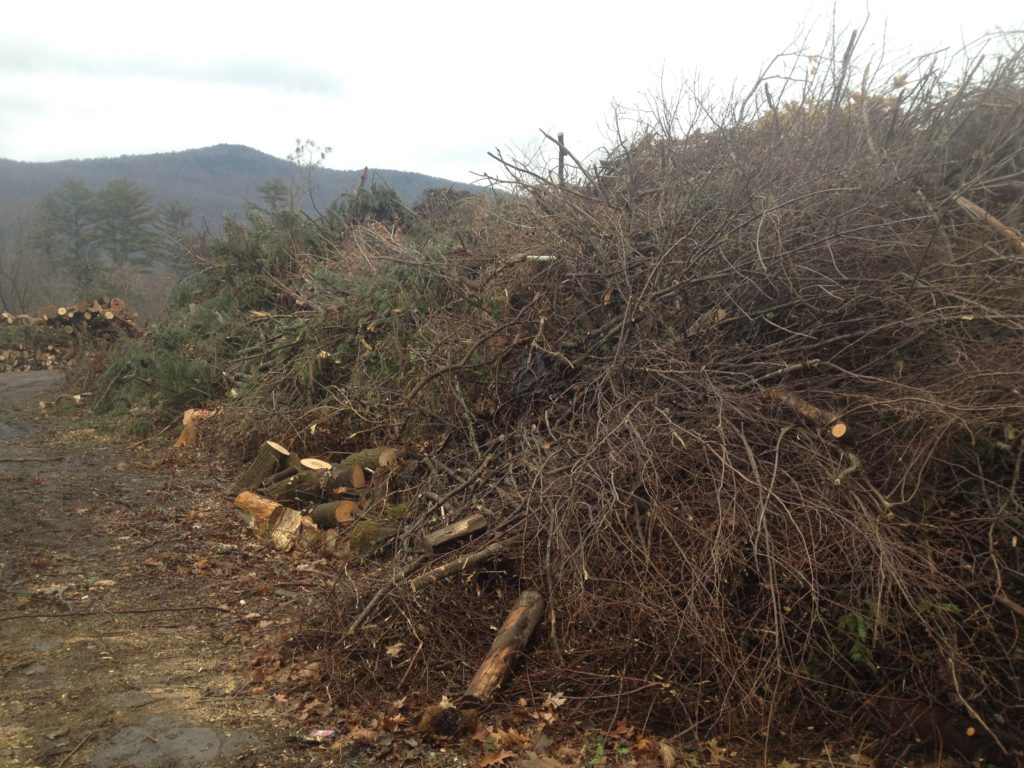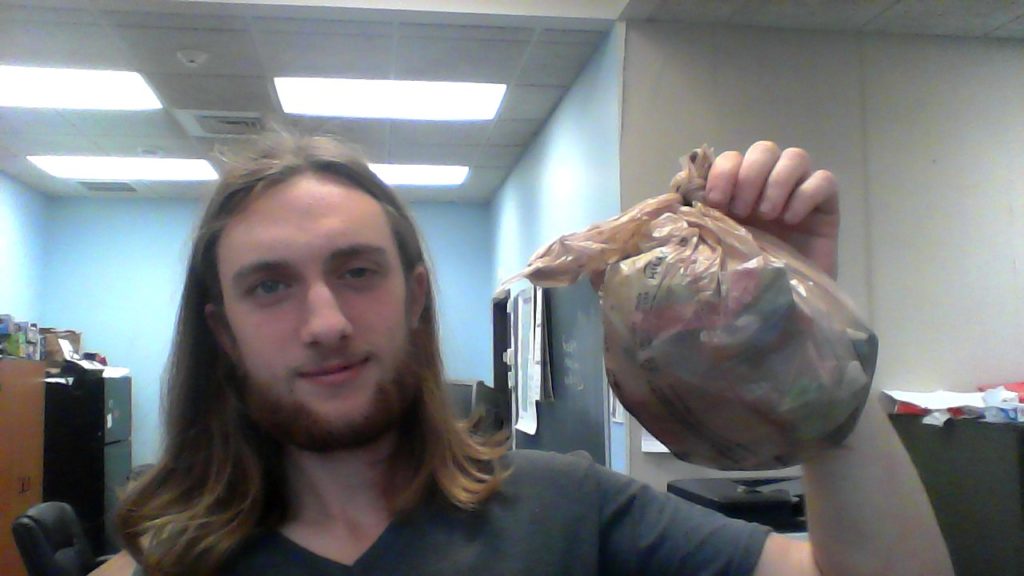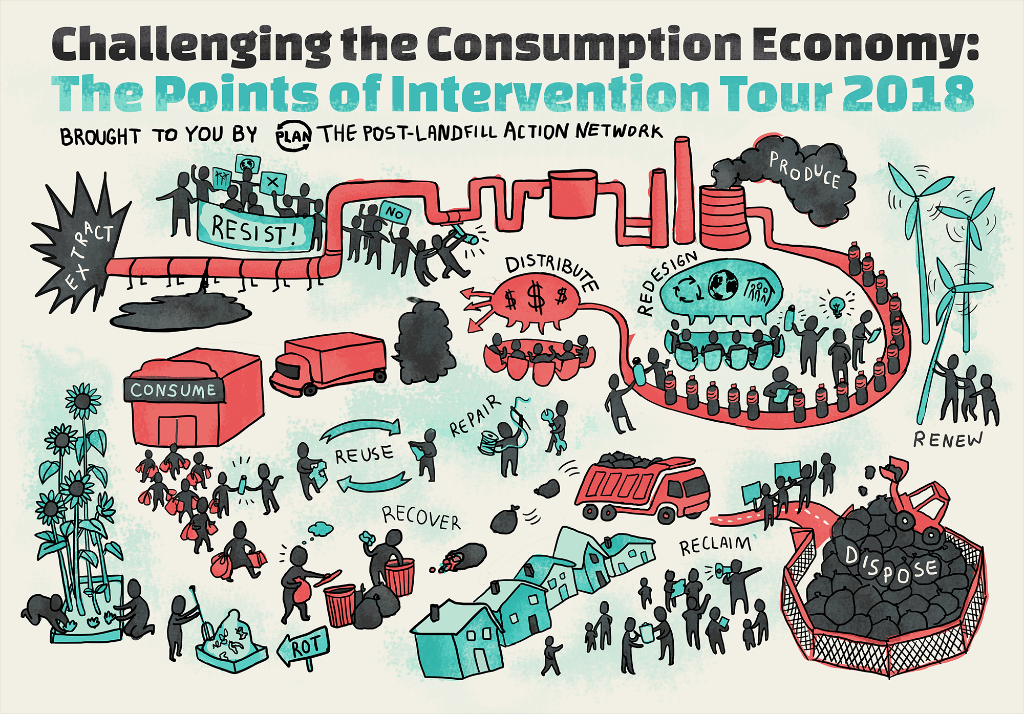Rutland County Solid Waste District Annual Report – Calendar Year 2017
The Rutland County Solid Waste District offers a variety of solid waste, recycling, waste education, household hazardous waste, composting and administrative support programs for our seventeen member municipalities. Some services are also available to non-District communities on a fee for service basis. In addition, the District operates a regional drop-off center and transfer station at Gleason Road in Rutland City. District program, facility and rate information is now available on our web site, www.rcswd.com.
Solid Waste Implementation Plan (SWIP): The District complied with all the ACT 148 requirements and was able to have their SWIP Plan approved of in August of 2015. The SWIP meets the requirements of the State’s Material Management Plan and delineates how solid and hazardous waste will be managed in the District towns for a five year period. The District started to contact local businesses informing them about recycling composting and hazardous waste and the programs that we offer. The District will also be working with local schools on many of these same issues over the next few years.
Waste Disposal: During 2017, residents and businesses in our member municipalities disposed of approximately 34,000 tons of municipal solid waste; nearly all of this was through the District’s master disposal contract with Casella Waste Management. The cost of disposal, handling and transportation from the District Transfer Station at Gleason Road to the landfill was $83.13 per ton. State taxes, district surcharge and the Rutland City Host Community Fee totaled $26.97, for a final disposal cost of $110.10 per ton.
Recycling: The District owns a Material Recovery Facility (MRF), recycling center in Rutland City that is leased to Casella Waste Management for their operations. The MRF accepts seventeen recyclable commodities from transfer stations, commercial haulers and large generators for processing and sale for re-use. The facility currently receives approximately 35,000 tons of recyclables a year. The MRF had switched over to zero-sort in November of 2011. The equipment is designed to handle up to 15 tons an hour with the capability
of expansion overtime. As part of this process, the facility can now take plastics #3 through #7.
Household Hazardous Waste: Rutland County Solid Waste District operates an extensive Household Hazardous Waste (HHW) program for district residents. The program operates year-round from the Gleason Road facility, and scheduled collections at twenty town transfer stations through the spring, summer and fall. The HHW program collects and safely disposes of dozens of hazardous, flammable and toxic materials, anti-freeze, pesticides, used motor oil, asbestos, and fluorescent tubes, In 2017 we shipped out 26,570 gallons of HHW. The District also collects electronic waste in 2017 we shipped out 301,546 pounds.
In July of 2014 the District started accepting latex paint as per the new Paint Care Recycling Program. Several local paint stores and hardware stores started accepting it as well. This has been very popular through 2017.
Other Programs: The District also offered other waste management, education and reduction programs, including construction and demolition waste, clean wood and composting. The District is continuing with its “Merry Mulch” program in collecting and processing over 1,200 Christmas trees annually. The District also has been working with and providing recycling materials or information to various local organizations including the Rutland Master Gardener’s Club, the Rutland Dismas House, Rutland Neighborhood Program, Vermont Southwestern Council on Aging, Rutland Hospital, Rutland Women’s Network & Shelter, the Rutland County Humane Society and the College of St. Josephs specifically on composting programs.
In 2017 the District also sponsored the Conservation Field Day/Science at the Hatchery with the Rutland Natural Resources Conservation District (RNRCD) and assisted in promoting their seedling tree and bush planting program.
James O’Gorman
District Manager
